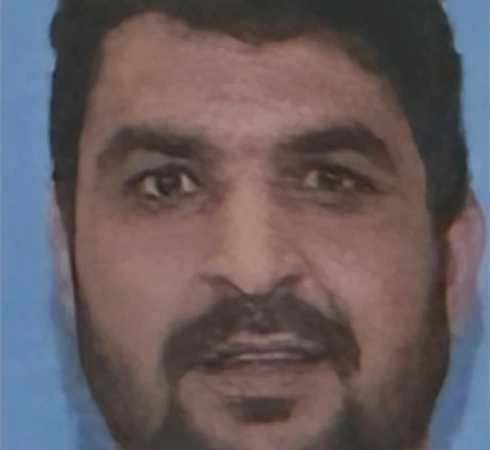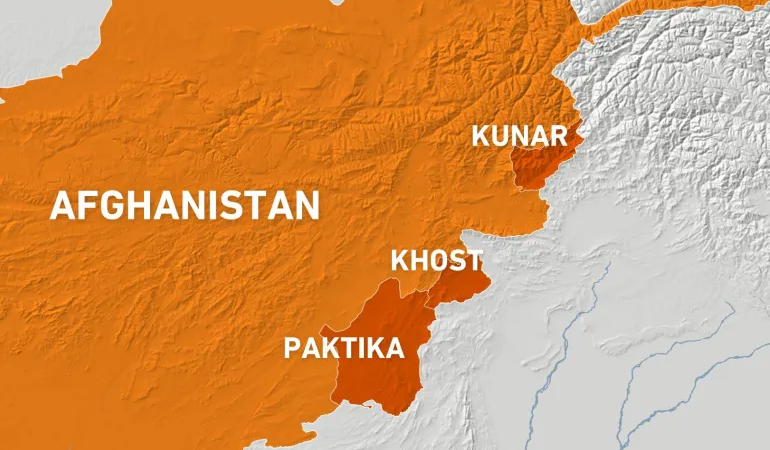Taliban Supreme Leader and Qatari Prime Minister Hold Private Meeting in Afghanistan: Source

According to Reuters, this discussion demonstrated the Afghan government’s openness to talking about methods to break their isolation.
The first meeting between the reclusive Taliban commander and a foreign leader is reported to have taken place between Haibatullah Akhunzada and Qatari Prime Minister Mohammed bin Abdulrahman al-Thani on May 12 in the southern Afghan city of Kandahar.
The need to abolish a Taliban prohibition on girls’ education and women’s work, as well as the humanitarian situation, were issues Sheikh Mohammad brought up with Akhundzada during the meeting, according to the article.
Since the Taliban took over in August 2021, they have enacted a number of laws that have limited women’s job and educational opportunities, impeded humanitarian relief, and are a key reason why no government has recognized their authority.
In the meanwhile, a UN study presented in March to the Human Rights Council in Geneva concluded that the treatment of women and children by the Taliban would constitute a crime against humanity. According to the Taliban’s interpretation of Islamic law and Afghan customs, they support women’s rights.
The Taliban’s top commander, Akhundzad, has not shown any inclination to budge on his orders.
In March 2022, the Taliban forbade females from attending high schools, and in December they expanded the prohibition to include colleges.
They claim that after “conditions” have been satisfied, such as creating an Islamic curriculum, secondary schools would once again admit females.
According to the source, Sheikh Mohammed and Akhunzada also spoke about initiatives to address the humanitarian problem in Afghanistan.
The UN estimates that about 75% of Afghanistan’s 40 million residents need aid, and it has issued a warning that funding is running low.
The source claims that Sheikh Mohammed discussed with Akhunzada the Taliban’s “continued efforts on the ground” to fight terrorism. This is probably a reference to Kabul’s attempts to wipe out an ISIS branch.
Qatar permitted the Taliban to open a political office in Doha in 2013. They were able to reach the 2020 deal for the departure of the multinational force led by the US, which they had resisted for 20 years, thanks in part to the assistance in their discussions with the US.
Asserting that isolating Afghanistan might worsen regional security, Qatar has long encouraged the international community to develop a “roadmap” defining the measures the Taliban must take to get recognition.
However, according to the US and its allies, the Taliban host members of the Pakistani Taliban (TTP) and al-Qaeda. According to Reuters, the Taliban leadership dispute that.






